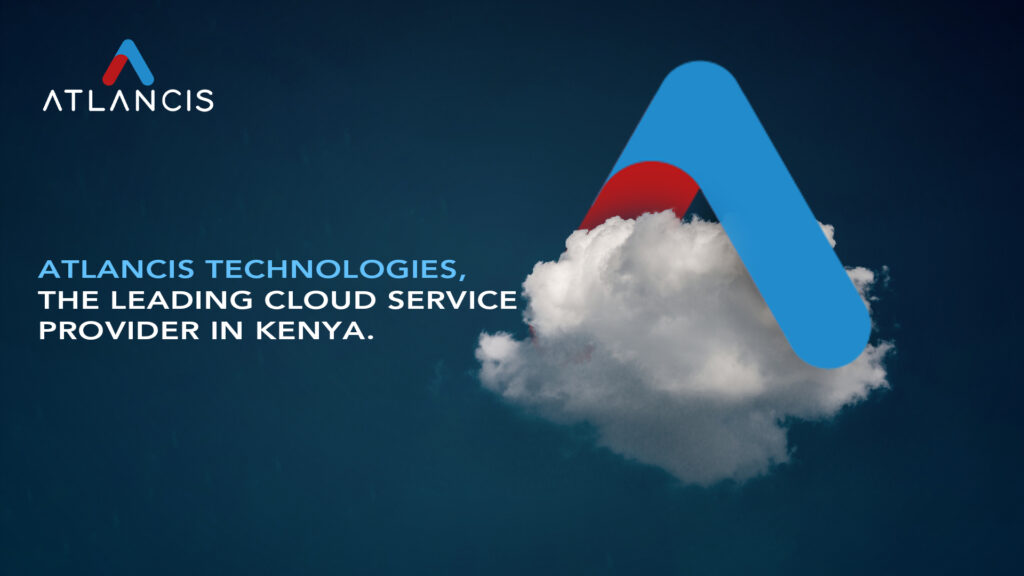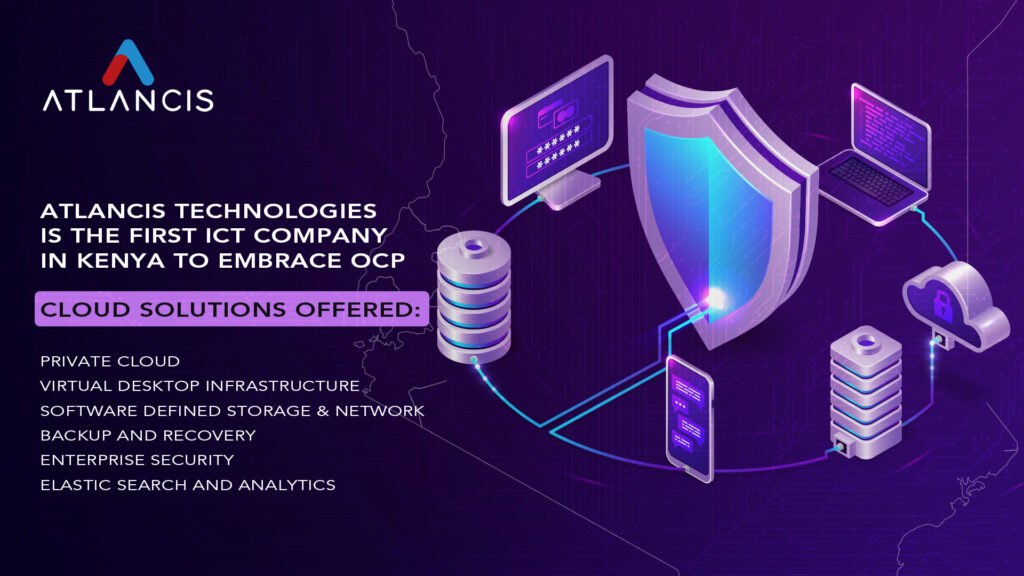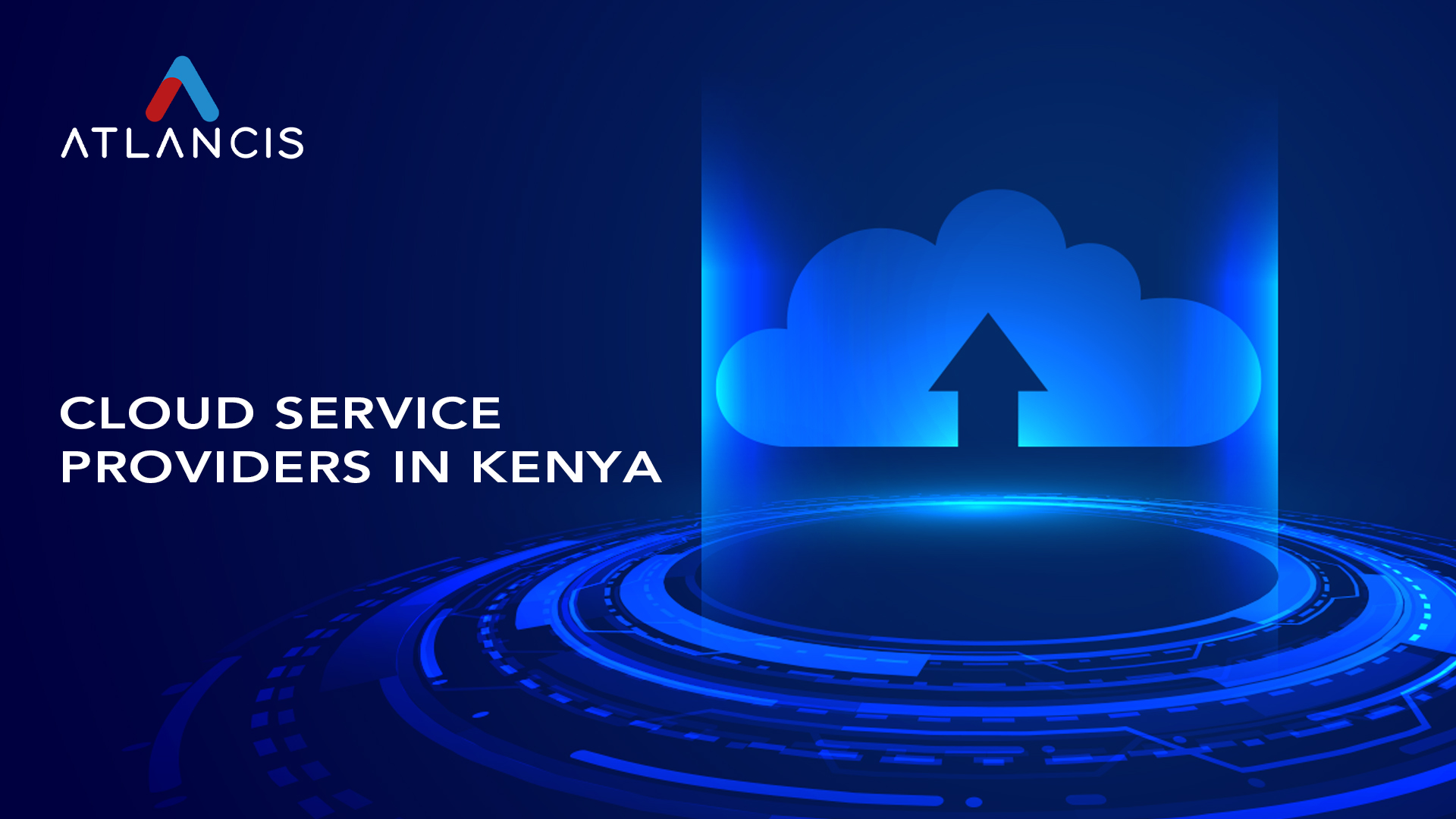Cloud service providers in Kenya allow organisations to lease cloud-based infrastructure, application, or storage services from them instead of maintaining in-house data centers.
These cloud services are offered in various service models, including:
Software as a Service (SaaS)
Users are provided with a cloud application, its infrastructure and the platform on which the application runs.
Infrastructure as a Service (Iaas)
Users are provided with networking, compute, and storage resources.
Platform as a Service (PaaS)
Users are provided with a platform on which they can run applications and the infrastructure necessary to run the applications.
Function as a Service (FaaS)
Developers are able to build, run, and manage applications without maintaining the infrastructure required to do so.
What is a Data Centre?
Cloud services are made possible by data centers. Put simply, a data centers is a physical facility used to store data and important business applications. These applications can include file and email sharing, customer relationship management systems, virtual desktops, and enterprise resource planning systems.
Currently, there are 10 data centers in Kenya, mostly in Nairobi followed by Mombasa, and at least 63 service providers operating on 2 network fabrics. Some of these data centers are amongst the best in the region and offer access to networks not only in Kenya but to Tanzania, Ethiopia, Uganda and Burundi.
What are the Benefits of Cloud Service?
Prior to the Covid19 pandemic, a lot of Kenyan companies had begun migrating their business to digital. The pandemic has, however, accelerated the rate at which this is happening.
Most Kenyan businesses are now faced with the ever growing amount of data that they need to manage as a result of taking their business to digital platforms and this has created a need for more complex data centers. Maintaining large data centers is an expensive exercise that requires highly skilled staff.
Cloud service providers in Kenya allow companies to respond to the data challenges of digitisation. Just as homeowners pay for utilities such as electricity on a pay-per-use basis, with cloud service providers, companies also only pay for the amount of cloud services they need.
The nature of cloud services offer business in Kenya great benefits including:
- Lowered costs – businesses pay monthly/annual subscriptions instead of investing in infrastructure and its maintenance.
- Ability to scale– businesses can respond easily to growth since they will not have to invest in additional staff or resources for data infrastructure.
- Productivity – businesses can enjoy increased collaboration and a reliable performance from their providers.
Clouds as Cloud Services
Most people are familiar with clouds and the concept of clouds for storage of their personal photos for example. Clouds are part of cloud services and are a type of PaaS that allows for cloud computing, which means carrying out workloads within a cloud environment.
We can breakdown clouds into four different types, namely:
- Private clouds – the platform serves a single company and is not accessible to external users.
- Public clouds – services are made to numerous customers allowing for a sharing of resources at scale.
- Hybrid clouds – private and private cloud solutions are combined.
- Multi clouds – includes more than one cloud solution.
What is a Hybrid Cloud?
We will zoom in on hybrid clouds since they can be a requisite for companies operating in certain industries.
If you are running a business which receives sensitive information, you may be cautious of which information you are comfortable storing in a public cloud. Hybrid clouds combine a company’s on premise data center (private cloud) with public clouds under a shared data management system.
In Kenya, most companies making use of hybrid cloud models are those in finance, banking, healthcare, and government institutions. Such organisations are regulated to keep certain information they receive on their on-premise data centers whilst only less sensitive information can be stored on public clouds.
Backup as a Service in Kenya
Another important service that cloud service providers in Kenya are offering is backup as a service (BaaS). Just like with the other cloud services, businesses can use this as an alternative to building and maintaining their own data backup systems.
The backups are stored in the data centers described earlier. Kenyan businesses can expect to pay about Kes1800 for 100GB backup and at least Kes26000 for 5TB cloud backup. A good BaaS provider quickly revives your network in the event of unplanned downtime or hardware failure.
Software Defined Networks for Cloud Services
Software Defined Networks (SDN) play a role in the cloud service space by allowing users of cloud services to respond quickly to changes in their network management needs by using a centralised controller.
The network administrator is able to manage changes to network policies from a central control panel without handling individual switches.
The benefits of using software defined networking include:
- Efficiency – by making network management virtual, users do not have to rely on expensive hardware.
- Control – administrators have increased traffic flow control and can change network rules based on need. This is particularly useful in cloud computing for multi-user systems.
- Visibility – administrators can monitor traffic which enables them to identify suspicious traffic.
- Management – a centralised controller removes the need to configure devices individually.

The Open Compute Project
Evidently, global demands for cloud services are growing rapidly and there is a need for ICT companies to come together and prepare for future needs.
The Open Compute Project (OCP) is responding to that very need. This project is a thriving global community with 100s of companies and 1000s of engineers who are collaborating to bring accessibility to proprietary infrastructure. This allows for greater choice, customization and cost savings.
By sharing designs of data centers and best practices, OCP is taking initiatives in:
- Data center facility
- Hardware management
- Networking
- High performance computing
- Open system firmware
- Rack & power
- Security
- Telco
- Storage
- Server
The ultimate goal of the OCP is to improve the efficiency of data flowing from the edge to the cloud worldwide.
The Open Compute Project In Kenya

It is necessary for Africa to be included in this conversation and fortunately, Kenya has given Africa its first OCP member. Kenyan based, Atlancis Technologies, has become the first African ICT provider to embrace the OCP.
Atlancis Technologies intends to use the project for Servernah, its cloud service platform. This exciting development will see Kenyan and African businesses having access to optimised performance, rapid scalability and competitive advantage through Atlancis Technologies.
Atlancis Technologies partnered with Vesper Technologies, a UK based member of the OCP, and successfully deployed their first self-service cloud instance. There are trickle down benefits for having these breakthrough technologies in Kenya. Atlancis Technologies have already begun working with Kenyan Universities to groom talent that can support the skills that will be needed to support further deployment of OCP in Kenya.
About Atlancis Technologies Cloud Service providers in Kenya
Atlancis Technologies is the first ICT company in Kenya to embrace OCP

Cloud Solutions offered:
- Private Cloud
- Virtual Desktop Infrastructure
- Software Defined Storage & Network
- Backup and Recovery
- Enterprise Security
- Elastic Search and Analytics
As the first ICT company in Kenya to embrace OCP, Atlancis Technologies has become the leading cloud service provider in Kenya.
Their cloud service solution, Servernah, is the first cloud developed to suit the needs of African enterprises. With packages starting from $20 per month for 30GB of storage to $850 for an enterprise solution with 1280GB, there is a solution for every type of business.
As a business owner you can find Atlancis Technologies as a one stop shop as they offers a full range of the business solutions discussed previously, including:
Virtual Desktop Infrastructure
Whether you are a small to medium sized organisation, or a large enterprise, joining the global revolution and making use of cloud services for your data and applications solutions.
Not sure where to begin? Speak to a consultant who can offer you the best solution for your individual requirements.


